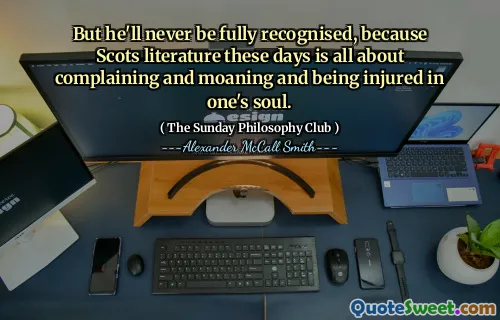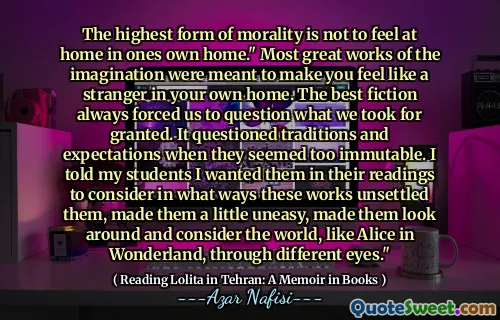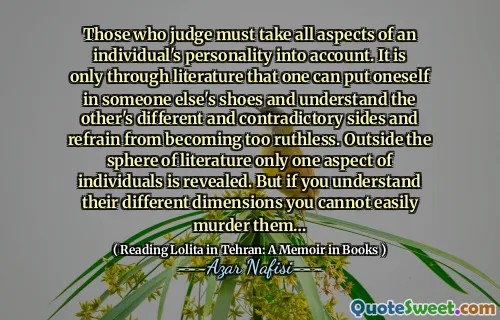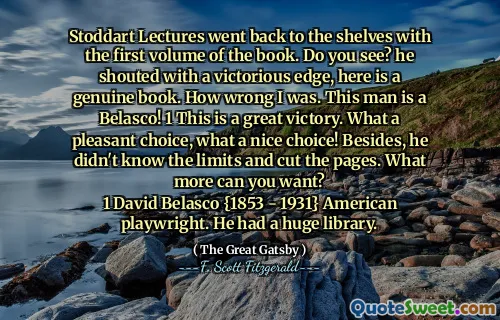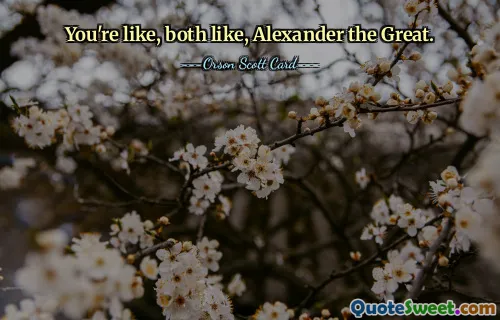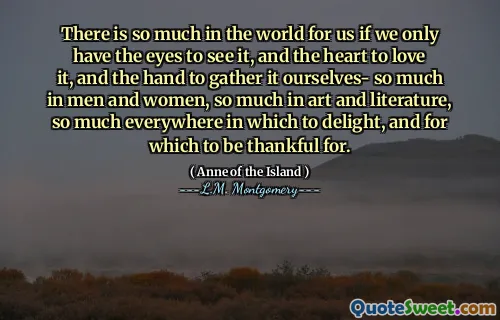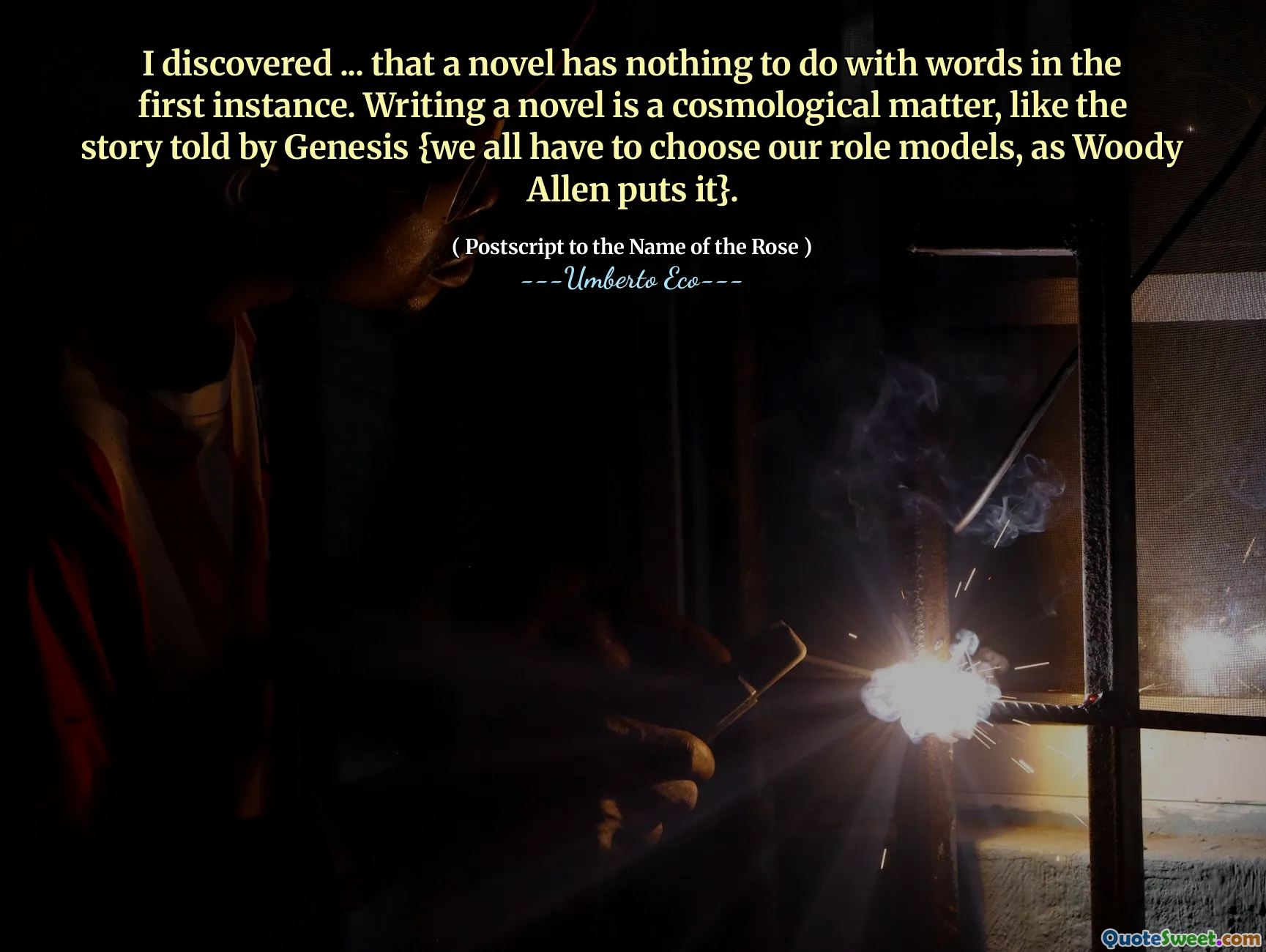
I discovered ... that a novel has nothing to do with words in the first instance. Writing a novel is a cosmological matter, like the story told by Genesis {we all have to choose our role models, as Woody Allen puts it}.
This quote prompts a profound reflection on the nature of storytelling and the creative process. At first glance, many tend to assume that writing a novel is primarily about the mastery of language and the arrangement of words. However, the assertion here suggests that at its core, creating a novel transcends mere language—it's a cosmic act, akin to the foundational stories of creation found in Genesis. Such a perspective elevates the act of writing beyond technical skill, positioning it as a meaningful act of universe-making, where the writer engages with fundamental truths and archetypes.
This view aligns with the idea that storytelling is a way for humans to make sense of existence, establish order out of chaos, and define their roles within a larger cosmos. It hints at the existential dimension of writing—crafting worlds, characters, and narratives that reflect not just personal thoughts, but universal principles and truths. The mention of choosing role models emphasizes human agency in this creative process—our stories are not created in a vacuum but shaped by the models, myths, and principles we internalize.
Reflecting on this, I am reminded how literature and storytelling serve as a mirror to the cosmos and to our collective consciousness. Writers are akin to cosmic architects, shaping worlds that echo the primordial stories that have been woven into the fabric of human existence. It challenges writers to see beyond mere words, encouraging a deeper engagement with the metaphysical and the symbolic. Ultimately, this perspective invites us to consider writing as a sacred act—one that connects us to the larger narrative of life itself, pushing us to think about the story we want to tell about ourselves and the universe we inhabit.

